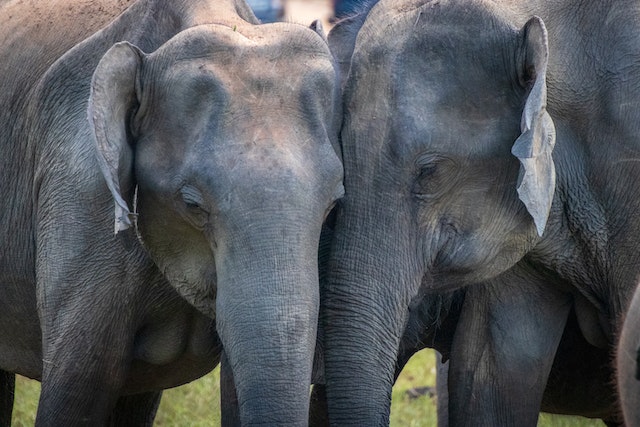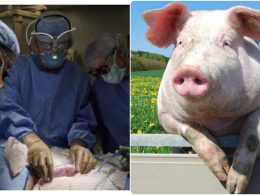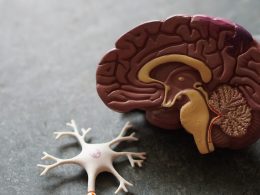The Covid-19 pandemic and the resulting global shutdowns had unintended positive effects on animal habitats in various ways. While it is important to acknowledge the immense human suffering and global challenges posed by the pandemic, there were some notable ecological changes that occurred during this period. Here are a few positive effects observed on animal habitats:
1. Reduced Human Disturbance: With restrictions on human activities and travel, there was a significant reduction in human disturbance in many natural areas. This provided a temporary respite for wildlife, allowing them to experience reduced noise pollution, decreased habitat fragmentation, and fewer direct human impacts. Animals had the opportunity to move more freely, forage undisturbed, and engage in natural behaviors.
2. Habitat Recovery: The reduction in human activities, particularly in urban areas and popular tourist destinations, led to habitat recovery and restoration. Vegetation in parks, green spaces, and natural reserves flourished as a result of reduced foot traffic, pollution, and trampling. This created improved habitats for many species, supporting their survival, reproduction, and overall ecological health.
3. Improved Air Quality: The global shutdowns resulted in a significant decrease in industrial activities, transportation, and other sources of air pollution. As a result, air quality improved in many regions. Cleaner air benefited both wildlife and their habitats, reducing respiratory problems and supporting healthier ecosystems.
4. Reduced Wildlife Trafficking: The restrictions on international travel and trade also had a positive impact on wildlife populations. The illegal trade of endangered species and wildlife products experienced disruptions, providing some relief to heavily exploited animal populations. This unintended consequence of the pandemic offered a temporary reprieve for threatened species.
5. Research Opportunities: The pandemic presented unique research opportunities for scientists to study the effects of reduced human activity on animal habitats. Researchers were able to gather valuable data on wildlife behavior, population dynamics, and ecological processes during this period. These insights contribute to a better understanding of the impacts of human activity on ecosystems and can inform conservation strategies in the future.
It is important to note that the positive effects observed during the pandemic were temporary and localized. As human activities gradually resumed, many of these positive changes began to diminish. However, these observations serve as a reminder of the resilience of nature and the potential for positive change when human activities are mindful of the environment. They also highlight the importance of sustainable practices and conservation efforts in maintaining healthy and thriving habitats for wildlife.












